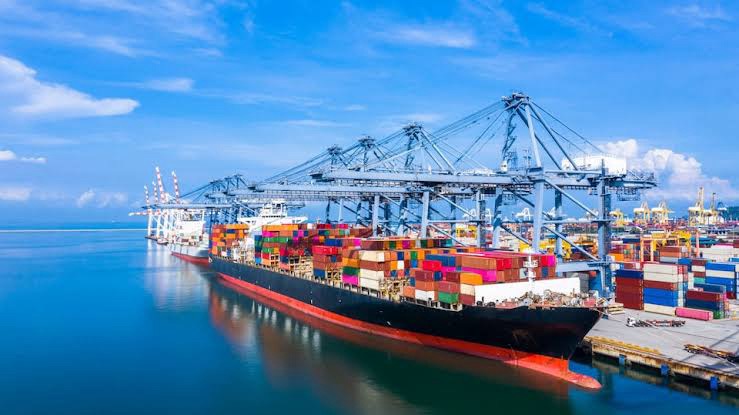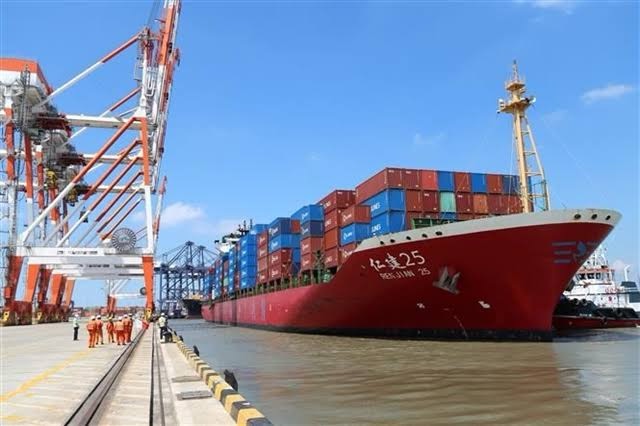In a significant move to alleviate congestion at seaports, enhance investor confidence, and establish Nigeria as a regional maritime hub, the Federal Government has introduced a new National Policy on Marine and Blue Economy.
This initiative emphasizes the expedited completion of the construction of nine seaports across the nation.
The policy document, recently unveiled in Lagos and acquired by The Guardian, outlines ongoing efforts to upgrade existing ports while also detailing plans for the construction of new facilities. Currently, Nigeria operates seven seaports: Apapa Port Complex, Tin Can Island, Lekki Deep Seaport, Onne Port, Port Harcourt, Delta Port, and Calabar Port.
The nine seaports slated for development include Ibom Deep Seaport , Badagry Deep Seaport, Olokola Deep Seaport in Ogun, Ondo Deep Seaport, Bonny Deep Seaport, Burutu Port, Benin Port, Bakassi Deep Seaport, and Agge Deep Seaport. Additionally, the government plans to establish a river port in Lokoja and four new Inland Dry Ports in Erunmu (Ibadan, Oyo State), Isiala Ngwa (Abia State), Heipang (Jos, Plateau State), and Jauri (Maiduguri, Borno State), as well as the Snake Inland Port.

Minister for Marine and Blue Economy, Gboyega Oyetola, emphasized the government’s commitment to modernizing port infrastructure. He announced that contracts for the reconstruction of the Apapa and Tin Can Ports have been approved under the Western Port Rehabilitation Programme. He also noted that procurement processes for upgrades to Eastern Ports are currently underway.
These modernization efforts are being complemented by the introduction of digital solutions such as the Port Community System, the E-Call-Up System, and a unified One-Stop-Shop for port clearance. Oyetola stated, “These interventions aim to reduce delays, enhance investor confidence, and reposition Nigeria as a leading maritime hub in the region.”
Furthermore, the National Policy on Marine and Blue Economy is designed to unlock the vast potential of Nigeria’s marine and blue economy, targeting an annual growth rate of 7% for the sector. With these ambitious plans, the government is paving the way for a more efficient and robust maritime industry in Nigeria.


